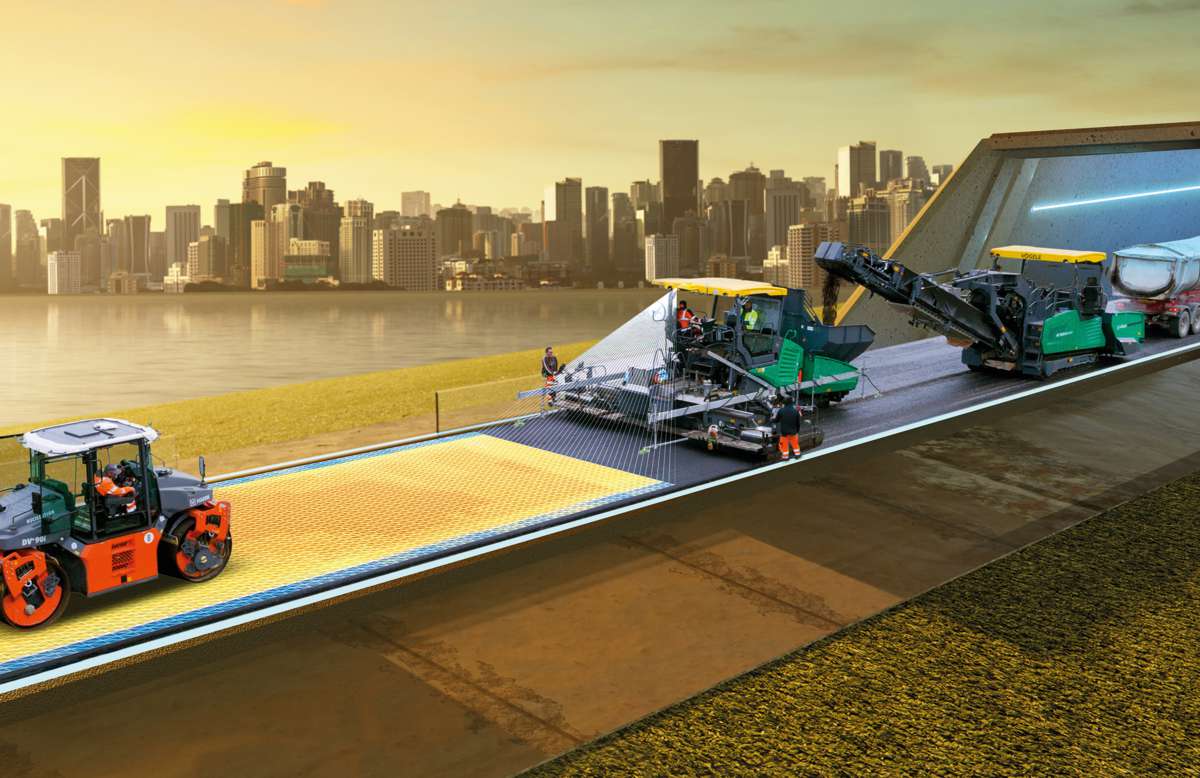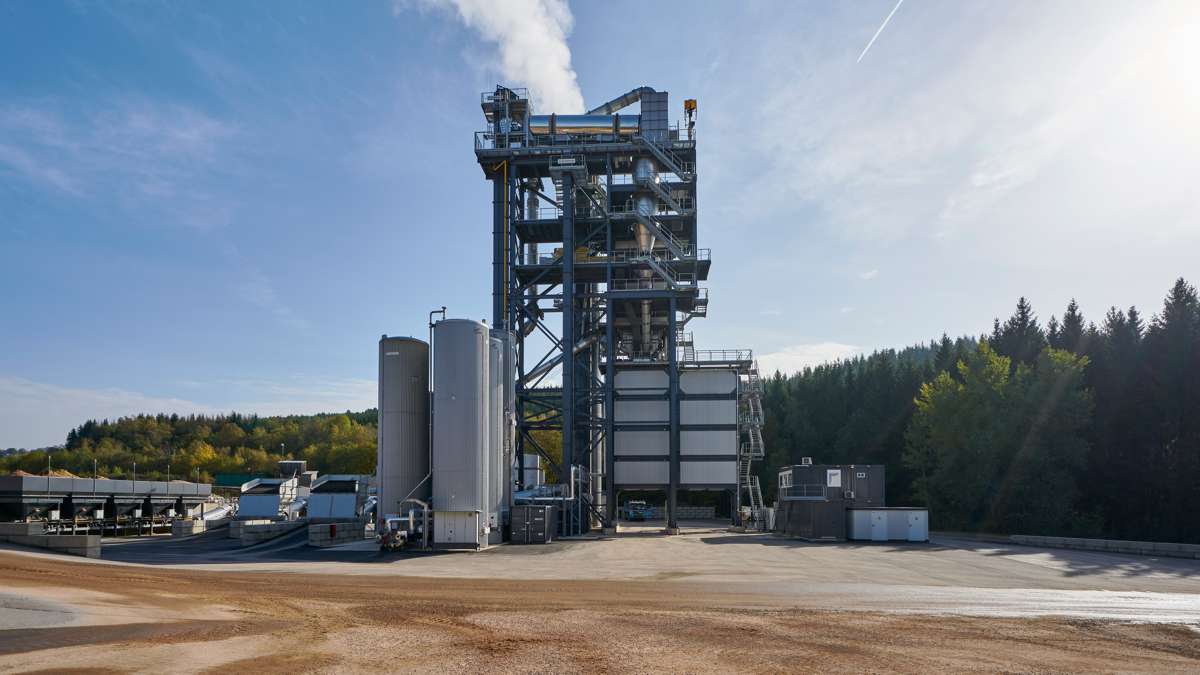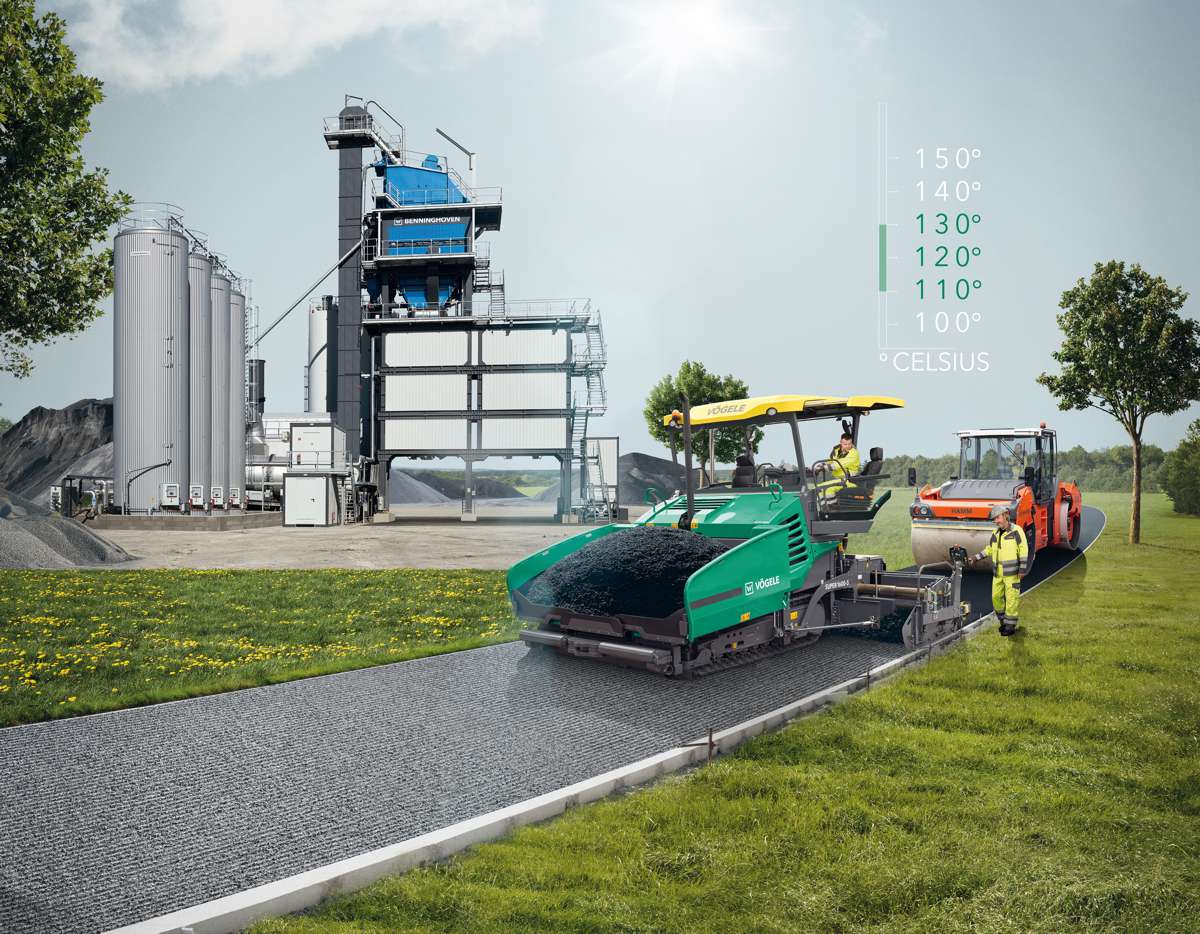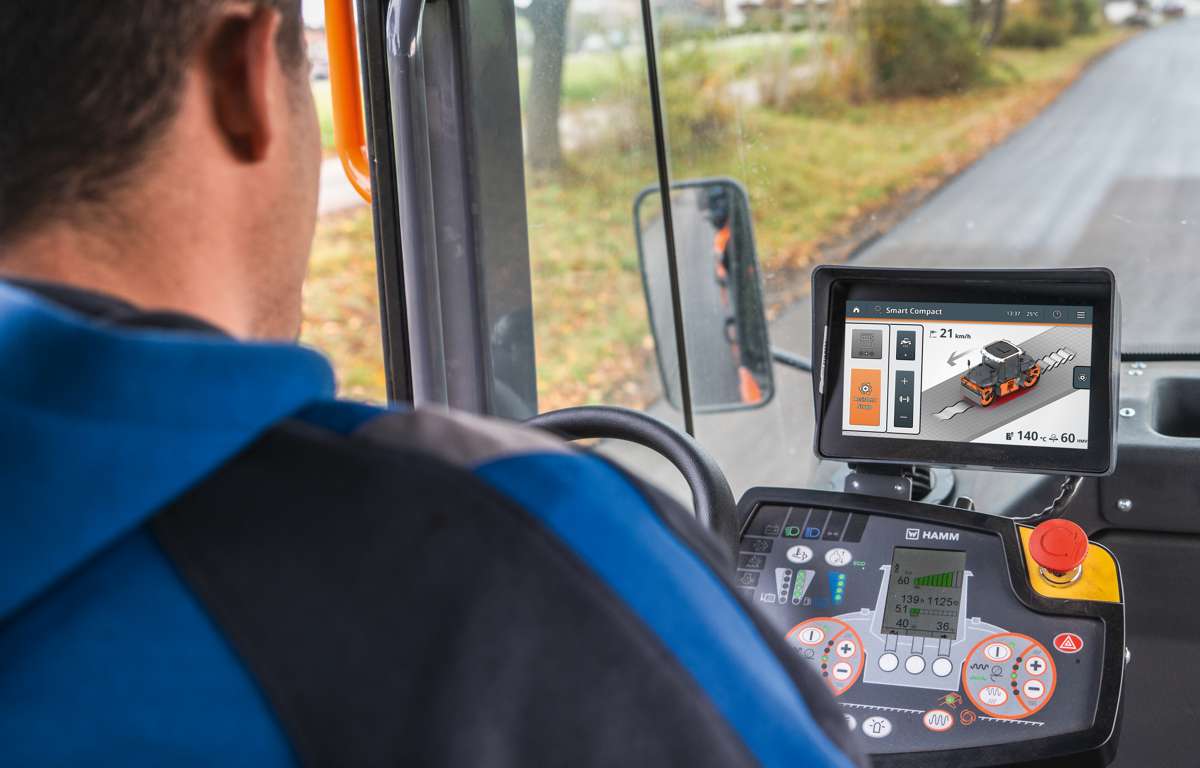Reduced-Temperature Asphalt for Sustainable Road Construction
In the ever-evolving landscape of road construction, reduced-temperature asphalt, also referred to as warm mix or low-temperature asphalt, has been gaining significant traction.
With growing concerns over energy consumption and environmental impacts, this innovative material is becoming a favourite among contractors, engineers, and policymakers alike. The potential to cut down energy use, reduce CO₂ emissions, and still maintain the high-quality performance expected of roadways makes reduced-temperature asphalt a game-changer.
Let’s dive into the benefits, production methods, and the technologies enabling this sustainable solution to thrive.
The Rise of Reduced-Temperature Asphalt
Reduced-temperature asphalt (RTA) is produced at temperatures ranging from 110°C to 130°C, whereas traditional hot-mixed asphalts require 140°C to 180°C for production. This difference might seem minimal, but the impact on energy savings and emissions is significant. When produced at lower temperatures, RTA demands less energy, thus leading to lower fuel consumption and, by extension, fewer CO₂ emissions.
Environmental agencies and road authorities worldwide are increasingly mandating greener road construction techniques, pushing for methods that lessen carbon footprints. According to the German Asphalt Association, reducing production temperatures by just 30°C saves approximately 0.9 litres of fuel per tonne of asphalt. When scaled to a typical daily output of 2,000 tonnes, that equates to 1,800 litres of fuel saved per day and a reduction in CO₂ emissions by 6,000 kg. In practice, temperature reductions often exceed 30°C, making these figures even more impressive.

The Technology Behind Reduced-Temperature Asphalt Production
For reduced-temperature asphalt to be a viable option, advancements in production technologies are crucial. One of the key players in this space, Benninghoven, has made remarkable strides in producing high-quality asphalt mixes at lower temperatures, offering multiple technological solutions to lower bitumen viscosity, a critical requirement in RTA production.
- Viscosity Reduction Solutions: To produce asphalt at lower temperatures, it’s vital to reduce the viscosity of bitumen—the material that binds aggregate together. Benninghoven has developed precise metering systems that introduce liquid or solid additives into the mix. One particularly effective method is the use of foamed bitumen.
- Foamed Bitumen A Simple Yet Powerful Solution: Foamed bitumen requires nothing more than water to create the desired effect. When hot bitumen is mixed with water, it expands significantly, coating the aggregate efficiently at lower temperatures. This technique not only simplifies the production process but also ensures the smooth paving of roads. Plus, foamed bitumen can be retrofitted into existing asphalt mixing plants, making it an attractive option for contractors looking to adopt RTA without overhauling their entire operations.
Paving with Reduced-Temperature Asphalt
Contractors familiar with traditional hot-mix asphalt often question how reduced-temperature asphalt behaves during the paving process. Surprisingly, the benefits begin even before the paver is engaged.
- Mobile Feeders for Continuous Paving: The use of mobile feeders from the Vögele PowerFeeder series is essential when working with reduced-temperature asphalt. These feeders can unload an entire 25-tonne truckload of mix in just 60 seconds, ensuring a continuous paving process. In conjunction with an extra material hopper, contractors can store up to 45 tonnes of material on the paver, preventing delays and making sure the asphalt remains workable for a longer time—an essential feature when dealing with reduced-temperature asphalt. Additionally, the screed components of Vögele’s pavers are electrically heated, ensuring consistent material handling. Technologies such as WITOS Paving Plus and RoadScan further enhance process reliability, ensuring that even with lower production temperatures, the paving quality remains uncompromised.

Ensuring Success on the Job Site
One of the most significant challenges with reduced-temperature asphalt is the time window available for compaction. As the temperature of the mix decreases, its resistance to compaction increases. Thus, site logistics and process coordination become critical to achieving the desired results.
- WITOS Paving Plus A Comprehensive Solution: WITOS Paving Plus integrates five modules designed to streamline operations from the mixing plant to the job site. By enabling real-time communication between the plant operator, truck drivers, and site managers, this system ensures that all parties are in sync, optimising material flow and allowing maximum compaction time. Such technologies are particularly valuable in helping contractors meet tight deadlines while maintaining quality standards.
- RoadScan Keeping an Eye on Temperature: RoadScan technology plays a pivotal role in ensuring the temperature consistency of the mix. Using infrared sensors, it monitors the surface temperature of the asphalt behind the paver, ensuring that the mix is laid within an optimal temperature range. This not only improves the quality of the pavement but also serves as a verifiable metric during quality inspections.

Compaction the Key to Long-Lasting Roads
Compaction is arguably the most critical phase in asphalt paving, and with reduced-temperature asphalt, it becomes even more challenging due to the shorter time frame available. But thanks to advanced compaction technologies, contractors can achieve high-quality results without over-compacting the surface.
- Oscillation Technology Developed for Precision: Hamm, a compaction specialist, has been refining oscillation technology for over four decades. Oscillation provides a gentler compaction method compared to traditional vibration. Because the drum maintains constant contact with the asphalt, it facilitates quicker compaction and minimises the risk of surface damage, especially at lower temperatures. This technology is particularly beneficial when working with joints, which are more susceptible to cracking if improperly compacted.
- Smart Compact Precision Meets Efficiency: The Hamm Smart Compact system takes the guesswork out of compaction. It dynamically adjusts the compaction energy based on the asphalt’s stiffness and temperature, optimising the number of passes required and ensuring that the material is compacted to perfection. By preventing over-compaction and reducing the number of passes, Smart Compact maximises efficiency and improves the overall quality of the finished road surface.

A Material with Massive Potential
Reduced-temperature asphalt is more than just a trend; it represents a sustainable future for road construction. By cutting down on energy use and reducing CO₂ emissions, it aligns with global environmental goals without sacrificing performance or quality.
While the challenges are real—especially regarding the time-sensitive nature of the paving and compaction processes—state-of-the-art technologies from the Wirtgen Group are making it easier than ever for contractors to adopt this eco-friendly material.
With reduced-temperature asphalt, the construction industry is paving the way toward a greener, more efficient future.




























